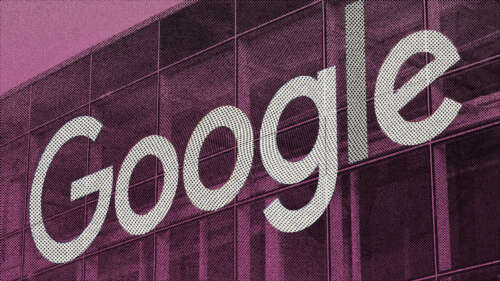For the last year, the ad tech industry has been hurriedly preparing to transition away from third-party IDs in time for Google’s previous deadline of Q2 2022. But increased regulatory scrutiny and antitrust interest in Google's advertising business has forced the company to rethink this deadline.
So what does the delay mean for digital marketers?
For the most part, Google’s most recent announcement to give third-party cookies a further stay of execution will be welcomed by the digital marketing ecosphere, as it will allow more time for testing, validation and integration of emerging cookieless solutions.
At Fifty, we will continue to fine-tune our game-changing cookieless product; the award winning FiftyAurora platform, but we also feel this news dramatically highlights something that may have been swept under the rug in the rush to squeeze as much of the remaining value out of third party data as possible.
Many of the most valuable users for any brand are found in ecosystems that are currently unmeasurable and have been for some time. Safari, Firefox and Edge already block third party cookies and if we include cookie blocking or clearing, close to half of all browser-based consumers today are untargetable and unmeasurable.
As iOS users are the majority on Mobile, the iOS 14.5 update, which gives Apple users the choice as to whether they allow their apps to track them, takes the Mobile and Web blindspot to well over half of all consumers. To be clear; these ID-less consumers’ ability to see and respond to advertising is completely unaffected, even if ad tech platforms are unable to target and measure them. They are still converting in real life, even if the tracking doesn’t count it.
In fact, as these highly sophisticated programmatic platforms are unable to track ID-less consumers, their algorithms are now optimising campaigns away from them in order to preserve campaign performance. Bear in mind these consumers, predominantly Apple users, are often the key audience for many brands and, at the moment, ID-reliant platforms are actively not delivering campaigns to them.
Double damage ahead
And if this isn’t alarming enough, impending changes to the IAB’s Transparent Consent Framework suggest that consented cookies across the remaining ecosystem are about to be impacted in the next few months. This could reduce 3rd party cookie performance to a level that brings into question whether Google’s privacy plan delay will mark the actual death of the cookie or simply the switching off of the life support system.
A silver lining
We don’t think anyone would disagree that this is bad for advertisers, terrible for publishers and a massive problem for the digital industry as a whole.
This is where we come in. FiftyAurora was consciously built to preserve the ability to accurately target audiences anywhere without relying on, or being limited by, any IDs, whilst still preserving user privacy - we were prepared for and welcomed the end of unconsented tracking.
But in light of Google and the regulators playing tug of war with the end of the third party cookie, we think it’s time to stop focusing on the old and start addressing the new - FiftyAurora helps you reach your entire audience without getting caught up on cookies.
To find out how Fifty could help you stay ahead of the curve in the post-cookie world, book a demo with us today.





























